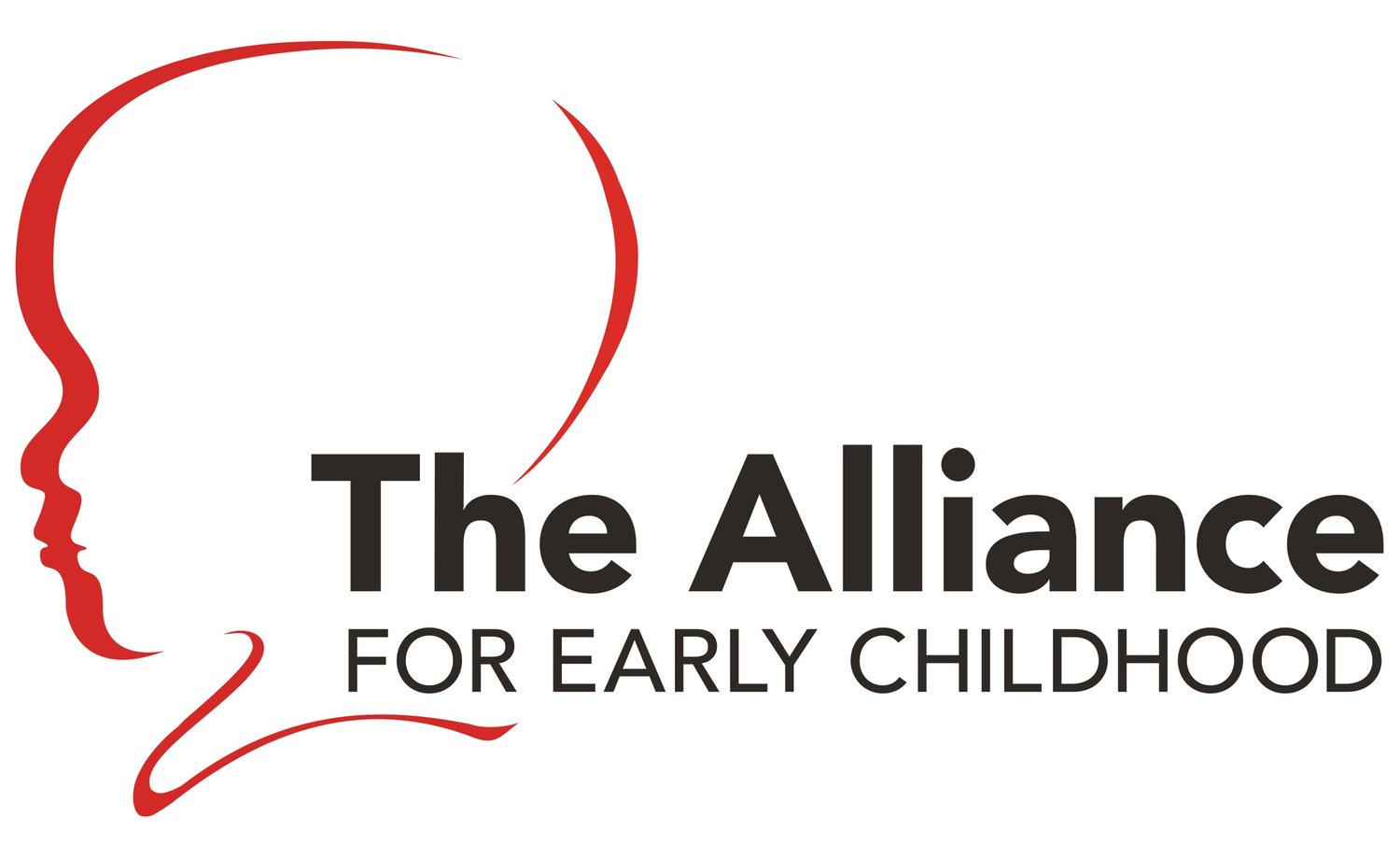The Gift of Small Moments: Easing Parental Stress and Boosting Development
Carly Andrews, Executive Director for The Alliance for Early Childhood
In late August, U.S. Surgeon General Vivek Murthy issued an advisory on the mental health and well-being of parents in America. This advisory highlighted the unique stressors we face as parents and caregivers today. Beyond the usual demands of parenting, many of us feel the added uncertainty of a changing economic and political landscape. Our schedules and time pressures often far exceed the hours available to meet them. Many of us experience isolation, with so much of our time dedicated to work and family. We worry constantly about our children’s health and safety, and we face our own challenges in managing technology and social media. If we have children with special needs, those concerns can multiply.
Many of us feel less secure than we expected to at this point in life—whether in our jobs, savings, or priorities. We also wonder about our children’s future: how will they find success in a world of rapidly shifting industries and economic realities? We worry that they might struggle in increasingly selective university systems.
In addition to family, work, and community responsibilities, often our weekends are packed with activities such as competitive sports, lessons, tutoring, and enrichment. So, it’s no surprise we feel stressed—the cultural expectations placed on us frequently exceed the resources we have to meet them.
Dr. Murthy’s advisory has far-reaching implications. We know the damaging effects of long-term stress on both our minds and bodies, and we know how prolonged parental stress can impact children’s own growth and development. While large-scale change is needed to help build healthier communities, there is also a personal effort we can make to simplify our lives, where possible.
Research shows the most significant influence on a child’s healthy development is a caring, consistent relationship with a parent or caregiver. So, we can ask ourselves: How can we attune to our children in the midst of life’s many demands?
This tuning into simplicity means finding moments to bond. Even within our daily routines, moments of connection abound. In her insightful TED Talk on how play helps a child’s brain develop, Jesse Ilhardt notes that spending just five minutes engaging with your child at bathtime is more beneficial than spending those five minutes online shopping for the “best” bath toys. Meaningful bonding requires only a few simple things you already have at home—measuring cups, kitchen sponges, and YOU! That time is far more impactful to your child’s development than any new toy could be.
Tuning into simplicity also means resisting the perfectionism that’s so pervasive in our culture. Setting priorities—and saying no when necessary—helps us manage the demands of parenting with our limited time, and our emotional, and economic resources. As Ilhardt says, “In all my experience and research, I haven’t found any evidence that baking homemade cookies for the school bake sale benefits your child’s brain development.” But those five minutes of bathtime play do.
There is much to untangle as we take steps toward reducing our stress and increasing our relational engagement with our children. Whether we’re finding connection during bathtime, reading a story together at bedtime, or playing rough and tumble before dinner, making the most of these daily moments is the best way we can support our child’s healthy development, and our own health, too.
